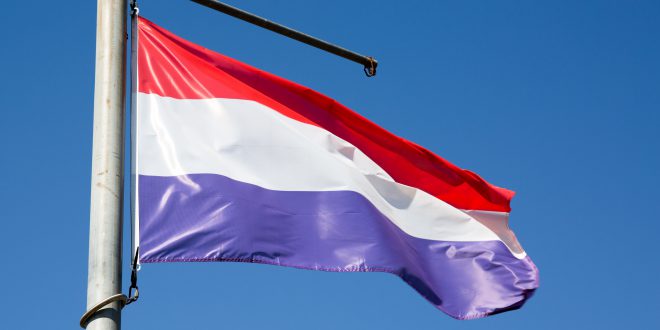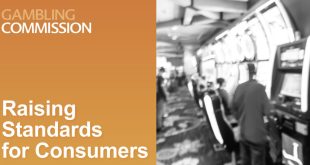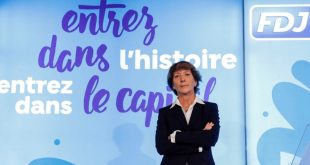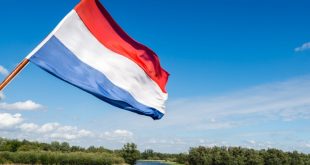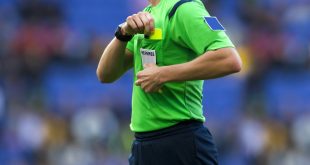The introduction of the Dutch online betting market on 1 October has proven to be a huge success in terms of revenues, but an extensive public discussion has emerged around gambling advertising.
As the Dutch Minister for Legal Protection prepares to implement new restrictions on the marketing of online betting and games of chances – with notable plans including the banning of “role models” such as football players in such commercials – the Chairman of the Kansspelautoriteit (KSA) has offered some “nuance” to the conversation.
Publishing a foreword statement in the KSA’s annual report for 2021, René Jansen, Chairman of the Dutch gambling regulator, noted that some advertising is ultimately required in order to achieve the political goals of the re-regulation.
“I would like to take this opportunity at this point to add some nuance to the discussion, “ Jansen asserted
“The political objective of the modernization of the gambling policy is to ‘channel’ players from illegal to legal offerings. This cannot be done without advertising.”
However, the KSA Chairman did also assert that the industry also has its own part to play in ensuring that advertising of its products is carried out in a “careful and responsible manner”.
“It is a balancing act between making yourself known on the one hand and not causing irritation on the other,” he added.
“The role of the KSA is limited in the current regulations. The rules stipulate that advertising must not be misleading, must not encourage immoderate play and must not target vulnerable groups, such as minors and young adults. In addition, there are rules about the times at which advertisements may be broadcast.”
Prior to regulation, “at least a million Dutch people” were betting with black market online firms, Jansen asserted, where they were playing with no protection and no supervision – creating ideal conditions for greater losses and proliferation of gambling addiction.
In order to ensure Dutch consumers take advantage of the newly regulated services now available to them, which are accountable to the KOA Act regime, some degree of advertising is needed, the Chair maintained.
Under current requirements enacted by the KSA, the regulatory regime and the industry itself, there is no advertising on the radio, outdoors and in print media, and a blackout on betting commercials has been put in place between 10pm and 6am.
Jansen also detailed that the enactment of the act has enabled the KSA to take heavier action against black market operators, issuing a total of €2.2 million in fines against these firms.
“All in all, in 2021 an important and major step has been taken in the modernization of the gambling policy in the Netherlands,” Jansen summarised.
“That was urgently needed. In a legalised and regulated market it is possible to protect players against the risks of gambling. In the past, that was not really possible with online games of chance.”
Moving forward, the KSA Chair expects the market to continue to grow, observing that the 11 online operators present in the Netherlands at the close of 2021 was “not the final situation”.
The fact that a total of 33 different companies applied to join the market suggests “heavy balloting” in Jansen’s view, but with more licence applications pending there should be a “more complete picture” of the sector’s structure by the summer.
